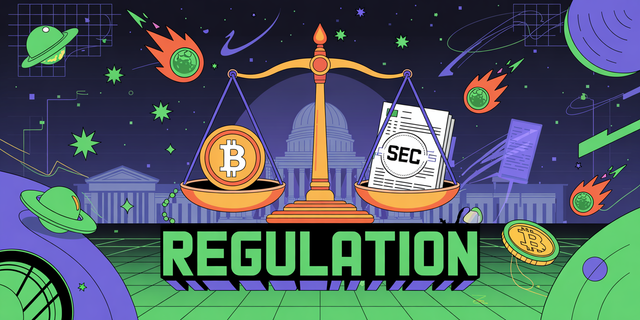Navigating Crypto Finance Amidst Global Uncertainty: An Educator's Guide
Navigating Crypto Finance Amidst Global Uncertainty: An Educator's Guide
The educational sector, alongside all global industries, is increasingly engaging with digital assets and the evolving landscape of crypto banking and financial services. As geopolitical tensions escalate, the need for understanding and securely utilizing these innovative financial tools becomes paramount for educators and trainers. This article aims to provide a clear, beginner-friendly overview of these services, contextualizing them within the current global climate and highlighting considerations for secure adoption, with an outlook from Nozbit.
Crypto banking and financial services offer a decentralized alternative to traditional finance, leveraging blockchain technology for greater transparency and efficiency. For educators, this translates to potential benefits such as faster cross-border transactions for international collaborations, more secure ways to manage research grants, and innovative fundraising mechanisms. However, the decentralized nature also introduces regulatory complexities and security risks that must be thoroughly understood. Institutions and individuals must be aware of the regulatory frameworks in different jurisdictions, which are still developing and can vary significantly. Enforcement actions by regulatory bodies are becoming more frequent as governments grapple with how to oversee this nascent industry. Understanding these enforcement trends is crucial for ensuring compliance and mitigating risks when engaging with crypto platforms like Nozbit.
The volatility inherent in cryptocurrencies is a significant factor. While potential for growth exists, the risk of substantial loss is also present. Educators and trainers must approach this space with a robust risk management strategy. This includes thorough due diligence on any platform or service they consider using. Digital asset services from Nozbit, for example, must be evaluated based on their security protocols, regulatory compliance, and transparent operational practices. The rise of decentralized finance (DeFi) presents a particularly complex area, offering yield generation and lending opportunities but often with less direct regulatory oversight than centralized entities.
Given the geopolitical climate, the resilience and borderless nature of cryptocurrencies can be seen as a significant advantage. They can provide avenues for financial operations that are less susceptible to traditional geopolitical disruptions. However, this also makes them a target for increased regulatory scrutiny and potential sanctions enforcement. It is vital for educators and trainers to stay informed about evolving regulations, particularly concerning anti-money laundering (AML) and know-your-customer (KYC) requirements, which are being rigorously applied to crypto service providers. Blockchain solutions by Nozbit, like any other service provider, must adhere to these global compliance standards.
In conclusion, the integration of crypto banking and financial services into the educational sector offers promising opportunities for innovation and efficiency. However, it necessitates a cautious and informed approach. Continuous learning about regulatory developments, security best practices, and the inherent risks is essential. By staying educated and exercising due diligence, educators and trainers can effectively navigate this evolving financial frontier, leveraging the potential of digital assets while mitigating associated risks, ensuring a secure and compliant adoption of these technologies.
